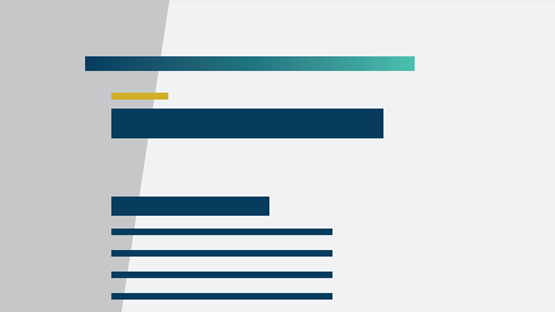Abstract
We examine the validity of one version of the Coase Theorem: In any economy in which property rights are fully allocated, competition will lead to efficient allocations. This version of the theorem implies that the public goods problem can be solved by allocating property rights fully and letting markets do their work. We show that this mechanism is not likely to work well in economies with either pure public goods or global externalities. The reason is that the privatized economy turns out to be highly susceptible to strategic behavior in that the free-rider problem in public goods economies manifests itself as a complementary monopoly problem in the private goods economy. If the public goods or externalities are local in nature, however, market mechanisms are likely to work well. Our work is related to the recent literature on the foundations of Walrasian equilibrium in that it highlights a relationship among the appropriateness of Walrasian equilibrium as a solution concept, the incentives for strategic play, the aggregate level of complementarities in the economy, and the problem of coordinating economic activity.




